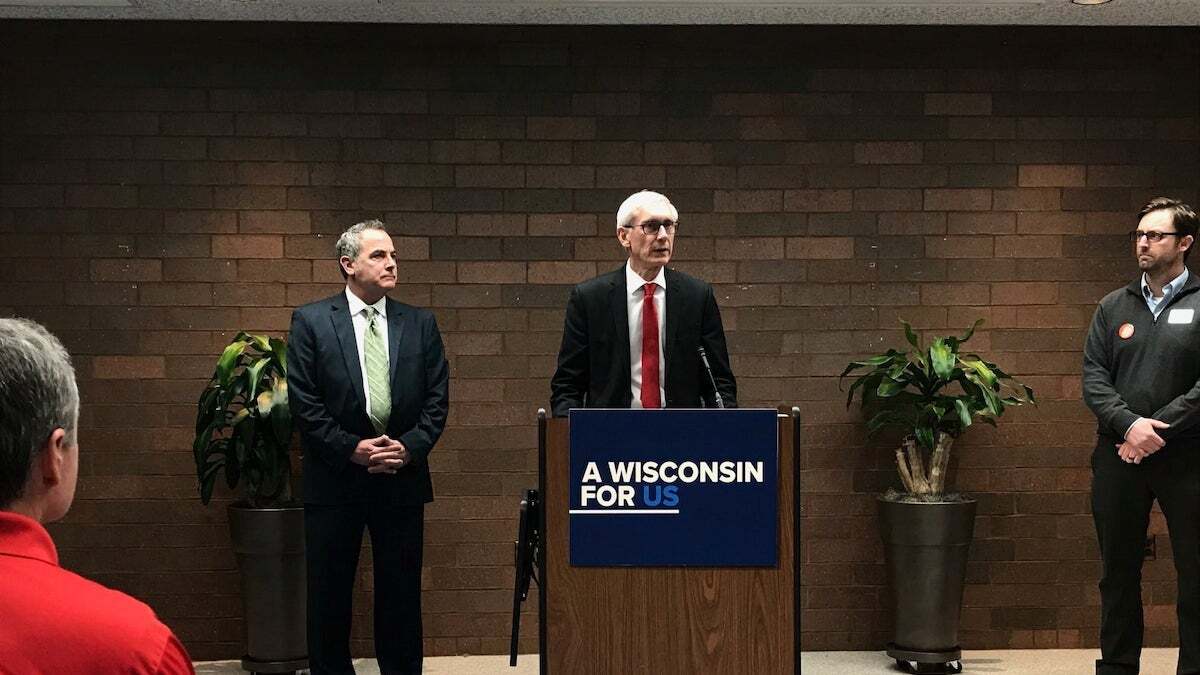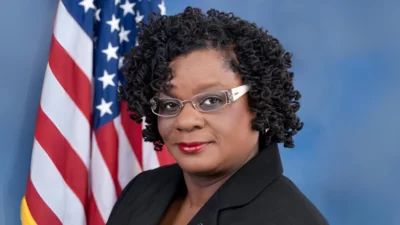Gov. Tony Evers | Facebook
Gov. Tony Evers | Facebook
The Wisconsin Department of Health Services (DHS) will be awarding organizations $3.4 million in grant funding to promote health equity in COVID-19 vaccinations.
These grants will be used to reduce barriers to vaccine access among underserved populations, according to TMJ4.
“Access to effective, safe COVID-19 vaccines, as well as reliable information from trusted sources, is essential to making sure everyone across our state can protect themselves and their families,” Gov. Tony Evers said, according to TMJ4. “These awards will help trusted community-based organizations hire community outreach workers to increase vaccine confidence and accessibility for workers, families and communities across our state.”
There will be 43 communities benefitting from the grant, TMJ4 reports.
COVID-19 vaccine data shows rates of vaccinations have been lower for black, Indigenous, Hispanic, rural and other underserved populations, according to TMJ4.
Both vaccines and information from reliable sources are being made available for families.
One of the largest agencies in Wisconsin, DHS works with an annual $11.4 billion budget and employs over 6,100 people. DHS provides oversight on Medicaid, among other health and social service programs for the state.
"DHS ensures that the care provided to Wisconsin residents is high quality and provided in accordance with state and federal law; ensures that Wisconsin taxpayer dollars are being used effectively and efficiently by preventing and detecting waste, fraud and abuse; and works to continue Wisconsin's long tradition of strong health outcomes and innovation," DHS officials say.
Local counties, health care providers, partners in the community are groups that DHS works with to provide alcohol and drug abuse prevention. Mental health, public health, implementing long-term care, determining someone's disability, regulating nursing homes in the state are several areas of services provided by DHS.
"DHS also oversees seven 24/7 institutions: Three centers for the developmentally disabled; a facility for mentally ill inmates; two psychiatric hospitals; and a facility for treating sexually violent persons," DHS officials say.






 Alerts Sign-up
Alerts Sign-up